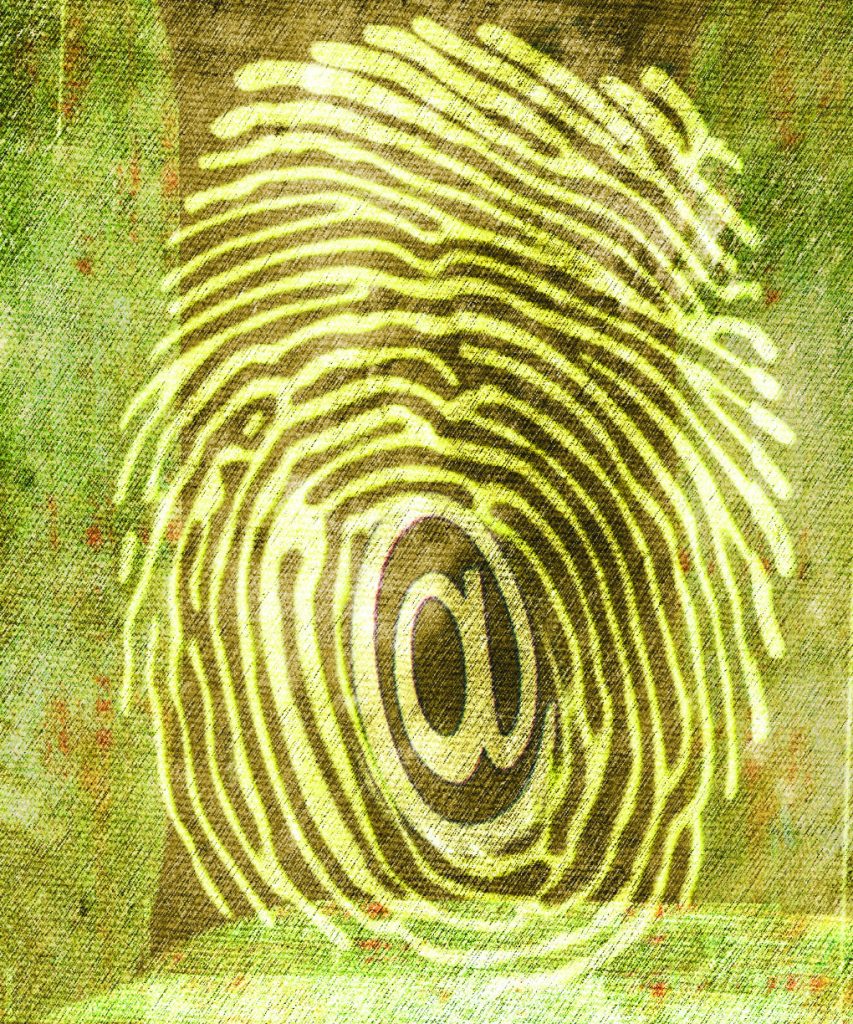Equifax, offering settlements for data-breach victims, Capital One subject to class-action suit
By Dan Karpiel
The Surveyor
Identity theft and related breaches of personal, confidential information are a major problem in modern society. Hundreds of millions of Americans and billions of people world-wide place their trust in various companies to keep their personal information secure.
According to a 2018 study from Javelin Strategy & Research, in 2017 there were 16.7 million victims of identity fraud in the U.S. alone. Financial services firms, insurance companies, and health care providers have introduced various means to help prevent the loss of confidential information, such as the introduction of the chip card, But breaches unfortunately continue to occur.

Results of identity fraud can be near catastrophic. Even when everything gets restored and the thieves are behind bars, such a crime could cost the victim thousands of dollars, cost them a chance to buy a home or a car, and can even lead to the loss of a job or the rejection of a job offer.
Equifax offers settlement for data-breach victims
One of the world’s foremost credit-reporting agencies, Equifax, suffered a data breach in September 2017, which exposed the personal information of 147 million people. In July, a federal court ruled the company must compensate those whose private information was compromised in the breach. According to the Federal Trade Commission, “The Company has agreed to a global settlement with the Federal Trade Commission, the Consumer Financial Protection Bureau, and 50 U.S. states and territories. The settlement includes up to $425 million to help people affected by the data breach.”
If you suspect you have been a victim – and millions of Americans are – you can find out by visiting www.EquifaxBreachSettlement.com, entering your last name and the last six digits of your Social Security Number. From there, you can file a claim online and receive your share of the compensation which can include up to $20,000 per person if losses occurred. At the very least, victims can receive four years of free credit monitoring from the three credit-reporting bureaus (Equifax, Experian and Trans Union), along with $1,000,000 of identity-theft insurance and six more years, on top of the initial four, of monitoring your Equifax credit report. Those victims who were under the age of 18 as of May 2017 are eligible for 18 years of free credit monitoring.
Capital One facing class-action suit
Capital One, one of the nation’s 10 largest banks, suffered a similar data breach just recently where a reported 100 million people or more had their personal, confidential information compromised. The company disclosed the breach on July 29.
According to Forbes, “customer data accessed by the hacker includes full names, physical addresses with full ZIP and postal codes, phone numbers, email addresses, dates of birth and self-reported income — information that is typically requested on credit card applications. Capital One said credit scores, credit limits, account balances, payment history, and contact information was also stolen.”
As a result, a class-action lawsuit has been filed in the United States District Court in Virginia on behalf of the victims by the law firm Morgan and Morgan.
How to keep your personal information secure
If you have been victimized by identity theft, or if you suspect your private data has been compromised, experts say there are a number of things you can do. Organizations such as LifeLock and Identity Guard offer protection services for a moderate fee.
Without paying for protection services, which most experts say are well worth the price charged as long as the company is legitimate, there are number of safeguards you can do; most of these are common-sense practices but ones experts say many Americans are not doing, or at least not doing well enough.
First and foremost, do not give out personal information like your Social Security number, date of birth, mailing address, full legal name, etc., out without being 100% sure you are providing it to a reputable source. This sounds simple enough, but far too often, experts say, we give out this information over the phone, via text message or online.
Do not use free public wi-fi when you are transmitting any sort of personal information, such as logging into your bank account or even applying for a job. Public wi-fi at places like coffee shops and restaurants are often unsecured, and entering an establishment-provided password, such as coffee123 at your favorite java-to-go store, does not secure the connection. Browsing the web to read the latest headlines or get last night’s sports scores on your phone, tablet or laptop is fine, but even checking your email can expose you to hackers, experts warn.
The best bet is to be diligent; keep close tabs on your bank accounts and other financial statements you receive, be it electronically or via snail-mail. Do not hesitate to contact your credit card company, bank, or even a utility company if something seems amiss, even if very slightly. Also, make sure your electronic devices are up to date with a legitimate firewall and anti-virus software, and do not wait on installing the recommended updates.
Shred or burn all documents that contain personal information, and create complex passwords for anything you have that requires a login and do not use the same password for multiple accounts. Good passwords are long, contain a mix of numbers, letters and characters, and cannot be easily guessed, e.g. your dog’s name followed by 789, your child’s date of birth or your wedding anniversary.
- January, 18 2024

It’s Trump’s party, cry if you want to
Opinion By Will Cornilius The Surveyor Iowans endured frigid temperatures on Monday night to caucus...
- January, 21 2016

Retirement is a blank canvas for Vern...
After 45 years in the banking community local looks to future By May Soricelli The...
- February, 11 2021

Town board to seek outside counsel to...
In a lengthy meeting Tuesday night of the Berthoud Board of Trustees, once again held...
- May, 31 2019

BHS graduate Caden Grimditch earned p...
By Dan Karpiel The Surveyor It takes a special kind of person to devote themselves...
- December, 30 2022

Max Marr Stadium gets video scoreboar...
The scoreboard at Berthoud High School’s (BHS) Max Marr Stadium is being upgraded this coming...
- July, 28 2016

Planning commission nixes Gateway Par...
Rudy Hemmann The Surveyor The Berthoud Planning Commission voted down plans for a nine-home subdivision...

POLICEBLOTTER
Community News
Northern Water sets C-BT quota at 70% for 2024
Community News

Emotions run high during Revere Property hearing
Community News
Snowpack at 119% above normal
Community News

Karspeck to serve third term as Berthoud mayor
Community News

OPINION – No bitchin’ allowed
Community News
Roy Tripi to become principal of BHS on July 1
Community News
COMMUNITY CALENDAR:
Community Calendar – add an event
Homestead Fine Art Gallery First Fridays OPEN HOUSE
03 May 4:00 PM - 7:00 PM
Homestead Fine Art Gallery First Fridays OPEN HOUSE
07 Jun 4:00 PM - 7:00 PM
Homestead Fine Art Gallery First Fridays OPEN HOUSE
05 Jul 4:00 PM - 7:00 PM
Homestead Fine Art Gallery First Fridays OPEN HOUSE
02 Aug 4:00 PM - 7:00 PM
Homestead Fine Art Gallery First Fridays OPEN HOUSE
06 Sep 4:00 PM - 7:00 PM
Homestead Fine Art Gallery First Fridays OPEN HOUSE
04 Oct 4:00 PM - 7:00 PM

